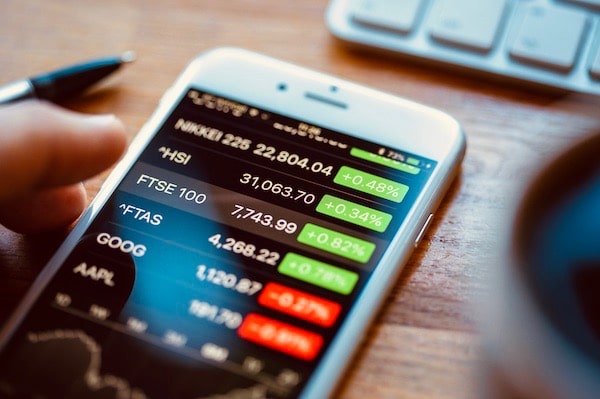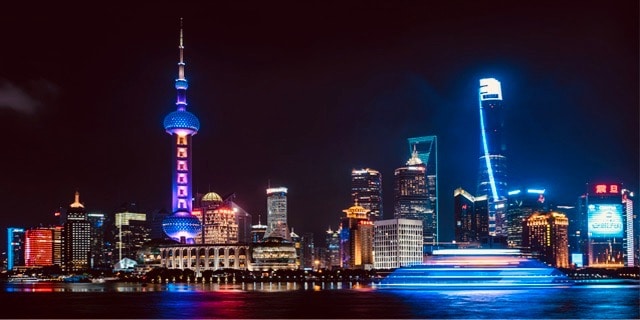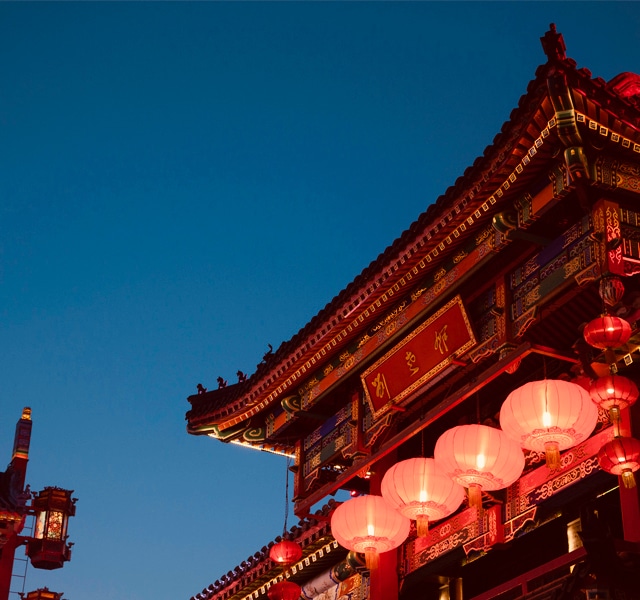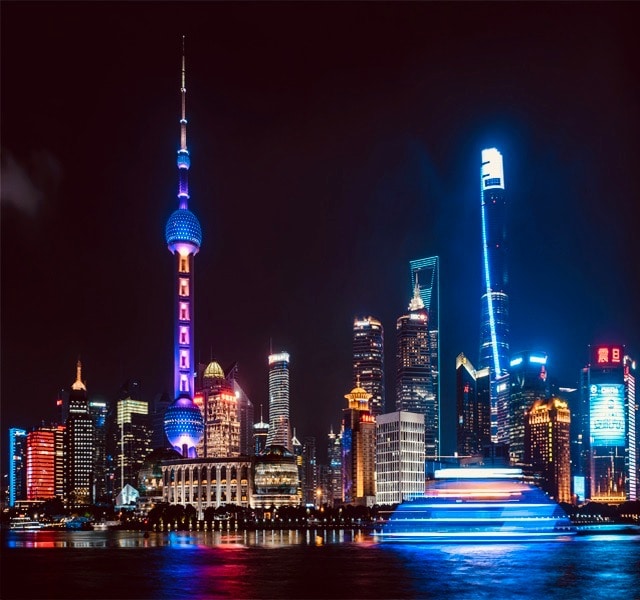When a stock that you own becomes the largest in the market, instead of a reason to continue to hold, it is actually a sell signal
When a stock that you own becomes the largest in the market, instead of a reason to continue to hold, it is actually a sell signal
When a stock that you own becomes the largest in the market, instead of a reason to continue to hold, it is actually a sell signal
You get recessions, you have stock market declines. If you don’t understand that’s going to happen, then you’re not ready, you won’t do well in the markets.”
“I’ve found that when the market’s going down and you buy funds wisely, at some point in the future you will be happy. You won’t get there by reading ‘Now is the time to buy.’”
As we have now entered a period of market weakness, studying how these successful investors navigated such markets in the past should help every investor achieve the same.
Investors need to understand what’s happening, have an investment plan that has been proven historically to work, and have the discipline to follow such a plan. Not having such a plan in place causes sleepless nights, frustration, and fear to take action. For such investors, each succeeding market decline is a continuing source of significant stress.
There's a popular investment strategy that consistently underperforms the market. You are unknowingly likely to be allocating part of your investment portfolio to this strategy, whether directly or indirectly by owning some of the many funds that follow it. The latest “stock pick” of this strategy is Apple shares. Apple investors, beware.
On Aug 20, 2012, Apple established itself as the most valuable company in history in terms of market capitalisation, with a market cap of over US$620 billion and a share price of US$662.
A year earlier on Aug 9, 2011, it briefly overtook ExxonMobil to become the world’s largest company with a market cap of US$340 billion, and traded places between the No 1 and No 2 spot until 2012, where it decisively pulled ahead of Exxon. More recently it passed another milestone, becoming the first company valued at US$1 trillion.
With all of these milestones in succession, an investor could not be faulted for thinking that Apple shares must have outperformed the market by a large margin. The truth is, however, very different.
Since becoming the undisputed largest company in 2012, Apple shares consistently underperformed the S&P 500 for the almost the whole time, except for a brief period of outperformance in Q3 2018.
Over the last six years Apple shares have gained 10.75 per cent per annum versus the S&P 500’s 11.71 per cent per annum.
This Apple experience is not a fluke, and mirrors the performance of the largest companies in the past. Whenever a stock has become the biggest company in the world, it is by definition over-owned, over-analysed, and over-valued, setting itself up for future underperformance.
To put the level of underperformance in context, investing solely in the biggest company in the market at that point in time over the last 40 years would have turned US$100 into US$631. This sounds decent, until an investor compares with the same US$100 invested into the overall stock market, which would have turned into US$7,943.
Apple’s experience mirrors the performance of the largest companies in the past. Whenever a stock has become the biggest company in the world, it is by definition over-owned, over-analysed, and over-valued, setting itself up for future underperformance.

Apple’s experience mirrors the performance of the largest companies in the past. Whenever a stock has become the biggest company in the world, it is by definition over-owned, over-analysed, and over-valued, setting itself up for future underperformance.

A GOOD RULE OF THUMB
Over these four decades, the only sustained period when the largest company outperformed the overall market was General Electric (GE) from 1995-1998. A cursory look at GE now shows how far the once-mighty can fall, with the shares having lost -75 per cent in the last two years, versus a gain of+15 per cent in the markets.
This consistent underperformance leads to a good rule of thumb: when a stock that you own becomes the largest in the market, instead of a reason to continue to hold, it is actually a sell signal. If you do not own this stock, avoid the temptation to buy at that point in time.
This observation can be taken further to give a useful portfolio allocation tool. Since the largest company underperforms the overall market, it makes sense to do a deeper analysis to see if the top 10 per cent of the largest companies also underperform the market.
Over the last 18 years, the largest 10 companies in the United States had a total loss of -20 per cent since the end of 1999, while the S&P 500 gained +55 per cent. Eliminating the top decile largest companies from the market S&P 500 portfolio would have been very profitable, with investors almost doubling their gains, to +94 per cent.
This same observation can also be useful to identify the rare cases when a sector overall, rather than just individual stocks, is overvalued. By the end of 2017, in 2018, and even now after the recent sell-off, the 10 largest companies globally are all technology stocks. The sector is overvalued, and while growth stock investors will argue that the higher valuations are justified by the higher growth, this explanation is only potentially valid for smaller companies. It is simply impossible for the largest companies in the world to keep compounding earnings at 20-30 per cent per annum, because they will eventually hit the ceiling determined by the global economy’s annual growth.
By LEONARDO DRAGO
Co-founder of AL Wealth Partners, an independent Singapore-based company providing investment and fund management services to endowments and family offices, and wealth-advisory services to accredited individual investors.
YOU MAY ALSO LIKE

CHEAPEST COUNTRY IN THE REGION
May 2014 – For now, China appears to offer a similar opportunity to what Indonesia offered investors in the aftermath of the 1998 financial crisis

(NO LONGER) THE CHEAPEST COUNTRY IN THE REGION
…Year after year of losses while the rest of the world’s equities marched higher had caused many investors to throw in the towel

Surviving bear markets
Investors need a plan that has been proven historically to work and the discipline to follow it through
YOU MAY ALSO LIKE

the cheapest country in the region
May 2014 – For now, China appears to offer a similar opportunity to what Indonesia offered investors in the aftermath of the 1998 financial crisis

(NO LONGER) THE CHEAPEST COUNTRY IN THE REGION
…Year after year of losses while the rest of the world’s equities marched higher had caused many investors to throw in the towel.
YOU MAY ALSO LIKE

the cheapest country in the region
May 2014 – For now, China appears to offer a similar opportunity to what Indonesia offered investors in the aftermath of the 1998 financial crisis

(NO LONGER) THE CHEAPEST COUNTRY IN THE REGION
…Year after year of losses while the rest of the world’s equities marched higher had caused many investors to throw in the towel.